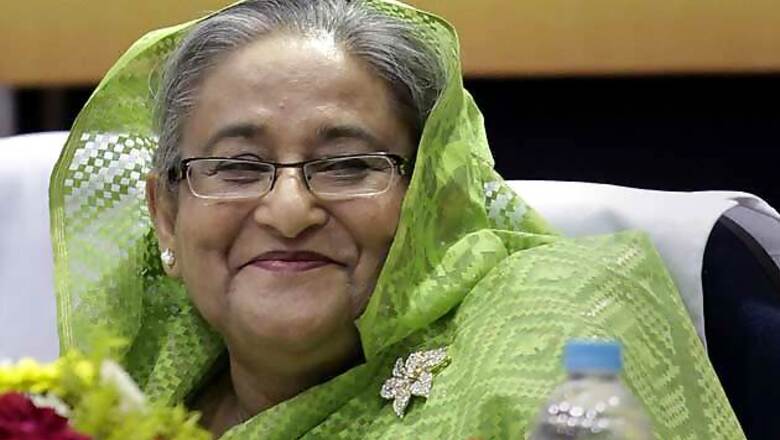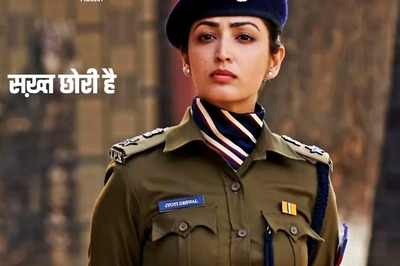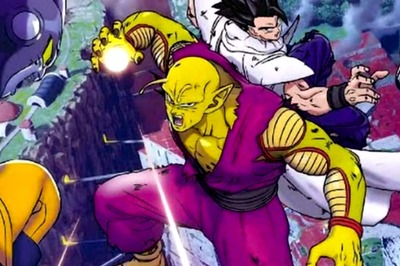
views
Dhaka: Bangladesh deployed troops on Sunday to a town where eight people were killed in clashes between police and Islamist party supporters protesting against the conviction of party leaders on charges stemming from the country's 1971 independence war.
Bangladesh has been rocked by protests and counter-protests since January 2013, when a tribunal set up by the government to investigate abuses during the war of independence against Pakistan handed down its first conviction, sentencing a leader of the Jamaat-e-Islami party in absentia to death.
About 60 people have been killed in protests since the tribunal's third conviction on Thursday, when another member of the Islamist party, Delwar Hossain Sayedee, 73, was sentenced to death for abuses including murder and rape during the war.
He denied the charges and his lawyer said he would appeal. Another party member was sentenced to life in prison on February 5, 2013.
Thousands of Jamaat-e-Islami activists took to the streets of Bogra town, 220 km (140 miles) north of the capital, Dhaka, on Sunday and attacked police with crude bombs, swords and sticks, police and witnesses said.
They stormed a police station and set fire to houses including those of leaders of the ruling Awami League party, reporters said.
"We had to open fire after rubber bullets and teargas failed to disperse the attackers," police officer Atiur Rahman told Reuters.
An army spokesman in Dhaka said two platoons of troops had been deployed in the town.
Eight people were killed in Bogra on Sunday and eight were killed in clashes elsewhere, according to reports from police.
RIVAL WOMEN
Bogra is a political stronghold of Begum Khaleda Zia, head of the main opposition Bangladesh Nationalist Party (BNP) and arch rival of Prime Minister Sheikh Hasina.
The two women have shaped the country's politics since 1991, both serving terms as prime minister followed by spells in opposition. They routinely accuse each other of political vengeance and provoking violence.
Sunday was the first day of a three-day strike called by the Jamaat-e-Islami and the BNP.
Hasina set up the tribunal in 2010 to investigate abuses during the war that claimed about 3 million lives. Thousands of women were raped.
The two opposition parties say the prime minister is using the tribunal to persecute them. The government denies that and says justice must be served.
The tribunal has been criticised by rights groups for failing to adhere to international standards. Human Rights Watch said lawyers, witnesses and investigators reported they had been threatened.
Bangladesh became part of Pakistan at the end of British colonial rule in 1947. But the country, then known as East Pakistan, won independence with India's help in December 1971 following a nine-month war against the then West Pakistan.
Some factions in Bangladesh opposed the break with Pakistan, including the Jamaat-e-Islami. Its leaders have denied involvement in abuses.
The overwhelmingly Muslim south Asian country of 160 million people is likely see more violence in the run-up to parliamentary elections in January 2014, in which both Hasina and Khaleda will again compete for power.




















Comments
0 comment